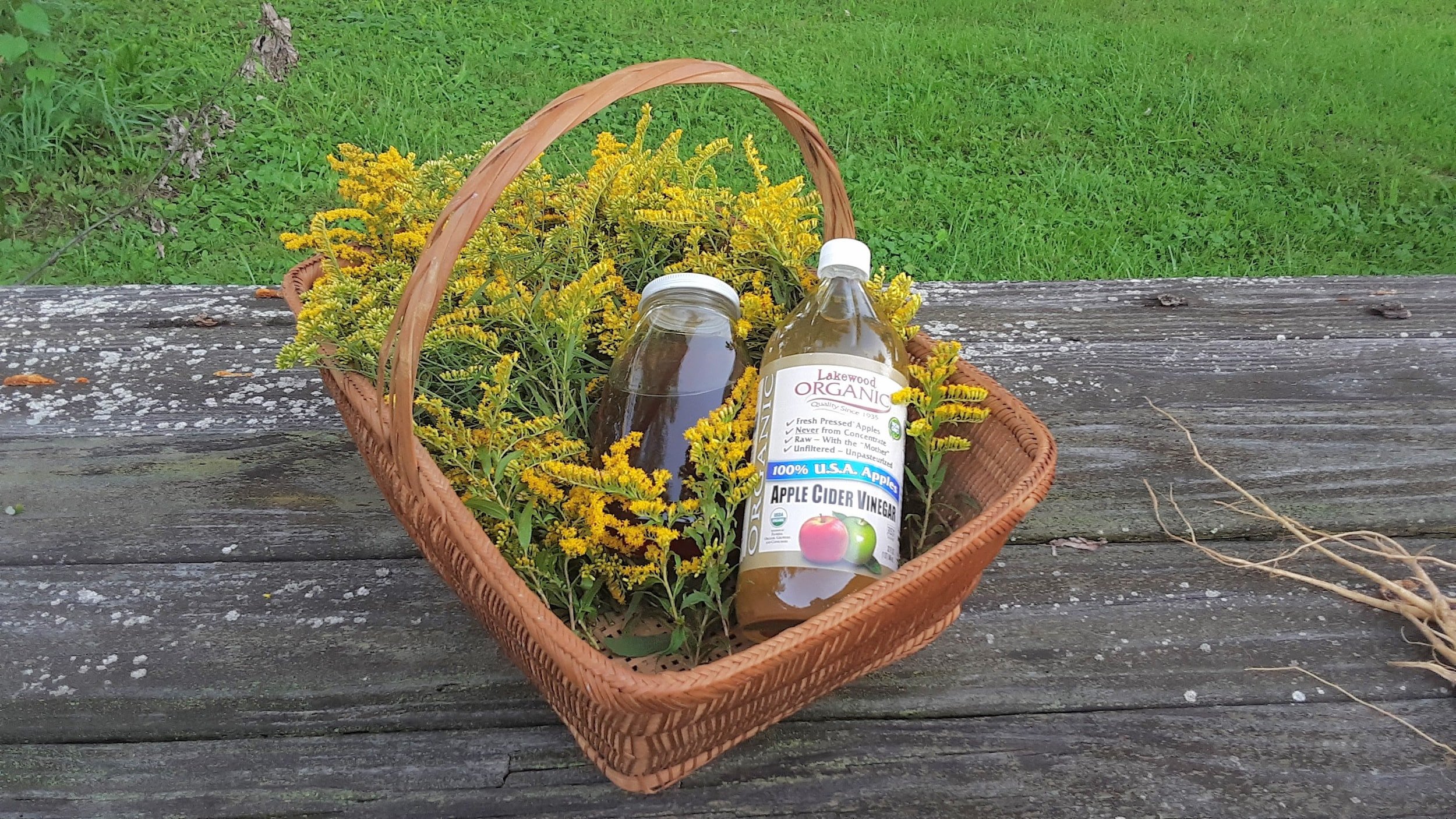5 Ways to Prevent Weeds Without Using Pesticides
/Weeds are a problem for many homeowners, especially homeowners with gardens. They can take over your lawn, and make your driveway or pavement look messy. In the garden, these unwanted plants compete with nutrients needed by your flowers and crops, can destroy the health of your soil, contribute to the spread of mold spores and diseases, and take over your garden bed if left unchecked.
Weeds can be hard to get rid of but using pesticides or harmful chemicals to eliminate them is not a good idea, as they have negative consequences for the environment and may not completely eliminate the problem, as weeds develop resistance to these chemicals over time, which means that you’ll eventually have to use stronger chemicals more frequently to get rid of them.
The elimination of pesky weeds in your garden can be accomplished with much less harm to the environment by using items that are commonly found around the house. Whether you have ten minutes or the entire afternoon to eliminate weeds, materials located around the house are inexpensive, highly effective, and can perform miracles in the garden. Even for those gardeners who are at a loss for time, these easy and affordable solutions, which include baking soda, salt, boiling water, and vinegar, are of great help in killing weeds quickly and efficiently.
Vinegar
Vinegar may not be the solution that springs to mind when you think of a safe way to get rid of weeds, but it will kill whatever it comes in contact with. Keep in mind that it won't kill deeply rooted annuals and may only "burn" the weed's visible sections, but it's terrific to use if you need a quick solution to getting rid of weeds that are just starting to show above ground. You should only use vinegar on your driveway if it is made of block paving or gravel because while it is pretty efficient at killing little weeds, it can also change your soil to prevent anything from sprouting there in the future. Just pour it into a spray bottle and use it to cover the weeds' foliage and stems. You can also pour it directly onto the weeds. Vinegar will kill the plants with its acidity, which also means that you should always wear protective gloves when handling it.
Salt
You can use salt to kill weeds in your garden. As a natural herbicide and insecticide, salt has been put to good use for centuries, making short work of unwanted garden plants. If you want to ensure all the salt has dissolved, mix three times as much salt as water and let the mixture sit for 10 minutes before using. Apply the saline solution on the weeds, but keep it away from your grass and flowers if you want them to flourish. It's a cheap and easy method for controlling weeds. Alternatively, you can just add salt to the soil around the weed and it will die within a few days.
Mulching
Adding organic material to the soil can suffocate weeds, slow their growth, and even stop new seeds from developing. Mulch can be made from almost any organic material, including compost, bark, wood chips, cardboard, newspaper, grass clippings, straw, and more. It's essential to avoid hay because it often contains weed seeds. A thick layer of material, such as ground cloth, thick black plastic, or even an old shower curtain, can be placed beneath a wood chip or gravel pathway to stop weeds from emerging through the surface.
Use of Tarps
You can find tarps for sale, and use them to eliminate weeds by simply covering the area with the sheeting, laying it out flat on the ground. Put something heavy on top of the tarps, or use stakes to secure them in place. It is not necessary for you to poke small holes in the plastic to allow air and moisture to escape, but you can do so if you would like. It is recommended that the tarps be left in place for at least two months and up to three months in order to eliminate the weeds growing underneath.
Curtail Your Digging and Tilling
If you turn the dirt in your garden or flowerbeds, it will expose new weed seeds. Try your hand at no-till gardening, where you barely turn the soil. In the case of vegetable seeding, for instance, it is not necessary to till or dig thoroughly throughout the entire bed; instead, you should only dig as deep as is needed to plant the seeds. It has also been demonstrated that the no-till technique enhances soil structure and fertility by fostering a greater diversity of beneficial soil organisms.
Take a Flame to Those Weeds
Another way to eliminate weeds is by using a flame weeder tool. A flame weeder is a wand-fed flame from a propane canister. The weed is briefly burned with a flame to kill the plant. Your neighborhood hardware store or garden center might sell these. It may take more than one round of flaming to eradicate weeds because only the above-ground sections are ultimately affected. You shouldn't do this if there's a chance of fire during dry weather or a dry season. Observe the warnings and instructions provided with your flame thrower at all times to avoid creating more problems than you solve.
Like this? Please pin!
Responsible weeding
And here’s one last tip for homeowners who have grass lawns: planting grasses that do well in drought can also help stop weeds from taking over your yard. Aside from stopping the growth and spread of weeds in your lawn, planting drought-tolerant grasses will help lower your water usage, which also saves money.
You can use everyday household objects to help eliminate weeds in your garden. Baking soda, salt, boiling water, and vinegar are all simple and cheap alternatives to the toxic chemicals contained in commercial weed killers. As a result of being smothered by mulch, weeds grow more slowly and don't produce as many new seeds. A flame weeder, which is fueled by a propane tank, can be used to burn weeds at the surface. By eliminating weeds, you’ll also need to use dramatically less fertilizer to grow root vegetables and other crops, because weeds won’t be competing with them for nutrients.
About the author:
Hannah Boothe is a freelance writer native to Northern California who spends her free time developing herself. Hannah enjoys the outdoors, she goes hiking whenever the weather permits and enjoys practicing yoga. She carves out time to journal and read whenever she can. She loves adventure and connecting with those around her.









































Have you followed the recent news in the US about the peer-reviewed study that determined that 80 percent of Americans test positive for the synthetic pesticide chlormequat? This pesticide has been found in conventionally-grown grain crops like oats, wheat and barley, and has been linked to fertility problems in animal studies. Regular exposure to pesticides like these is at least partly responsible for recurring health crises around the world, including major diseases like cancer and cardiovascular, neurological, metabolic and psychological disorders. By growing at least some of your own food, you can reduce your exposure to these harmful chemicals and begin to take control of your health. Container gardening is a great way to get started.